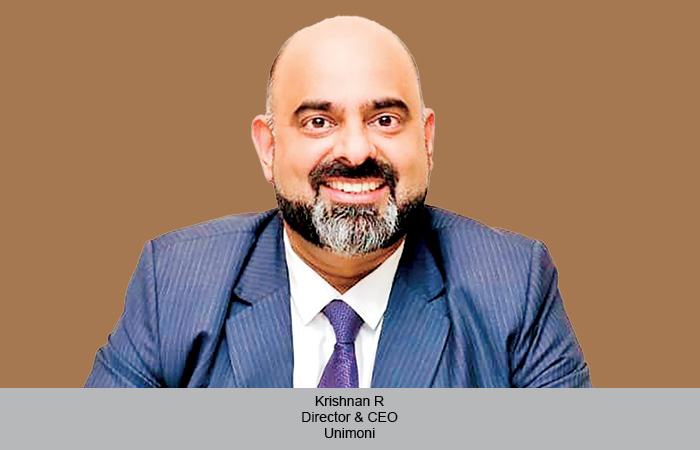The association has already made its recommendations to Ministry of Civil Aviation (MoCA) to ensure that travel agents are protected during times of crisis such as the COVID-19 pandemic. But first, it aims to clearly specify the definition of a travel agent, so that dubious businesses can be kept at bay.
Hazel Jain
While travel agents have always been a vulnerable group in terms of financial liabilities whether due to flight cancellations or airlines going kaput, this vulnerability has come into sharper focus during a crisis such as the lockdown due to the pandemic. To ensure that its members are out of harm’s way, Travel Agents Association of India (TAAI) has been rallying for them since some time. Sharing some details is Jay Bhatia, Vice President, TAAI, who says, “The Passenger Charter of MoCA already includes that refund credits should be the sole prerogative of the passenger/customer and all credits and refunds should be through the travel agent only. With some airlines being suspended from BSP and impacting the agents in a big way, we have demanded that going forward all airlines must submit a financial security to the government/ IATA who wish to fly in/to India.”
What about having some kind of an insurance product specifically for agents? “Yes, the TAAI team has already worked on the options as to how an insurance cover/deposit/ financial security to protect agents/customers from airline defaults, suspension, bankruptcy, non-depositing of statutory taxes like TDS, etc., can be charged on the ticket or submitted by the airlines/IATA or otherwise. An insurance charge/levy on the ticket, if worked on, shall be a win-win for the airlines and agents, whereby agents’ financial security will also not be required and their working capital shall also be enhanced,” he says, adding that this will create a better working environment and a level-playing field.
Renegotiating IATA terms
The TAAI team has also been working since January on changes for the betterment of its Active IATA-accredited members. Unfortunately, the process to make recommended changes is too lengthy. Bhatia adds, “Certain positive changes were approved for implementation effective June 1. But, due to the lockdown since March, the same has been deferred. The scenario now has changed completely. We have already submitted few recommendations at APJC for consideration. This includes obtaining financial security from the airlines, abolishing of RAF charges, the Remittance Holding Capacity (RHC) be same as Local Financial Criteria (LFC), neutral capping by all airlines, ensuring all airlines permit use of travel agent credit cards across all booking classes, etc.”
Bhatia adds that post lockdown, TAAI has added a few more recommendations to MoCA as well wherein Law of the Land should prevail and supersede all generic ‘Global Resolutions’ followed by the airlines/IATA. “Airlines must be mandated to follow the Passenger Charter of MoCA and it should be the sole prerogative of the passenger to decide if they desire refunds in cash or credit vouchers,” he says. Further, TAAI has suggested reverting to weekly settlements on BSP, without impacting the financial security, due to the pandemic situation so as to enable agent members to have sustainable working capital. “We have also asked MoCA to direct the airlines operating to/from and in India to ensure remuneration is given to accredited agents and also maintain
parity across all booking channels,” Bhatia explains.
But he comes to the core of the issue – who is a travel agent? “Most importantly, the definition of a travel agent must be well articulated. We need appropriate recognition for TAAI members by the government so that fly-by-night operators who operate without knowledge and with the purpose of maligning the trade and cheating the customers not be permitted to be established without appropriate registrations. We are ensuring through APJC-India that India-specific resolutions must be improved so as to create a win-win situation for all stakeholders,” Bhatia adds.
 TravTalk India Online Magazine
TravTalk India Online Magazine





